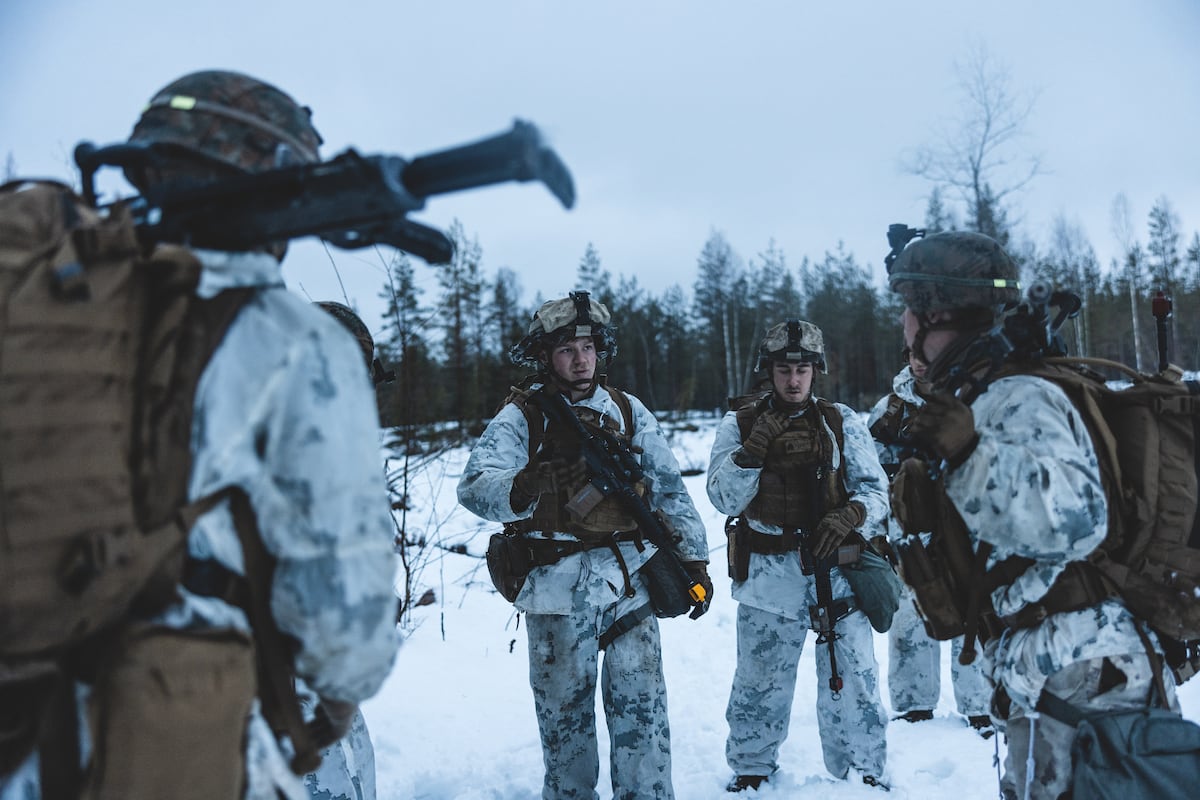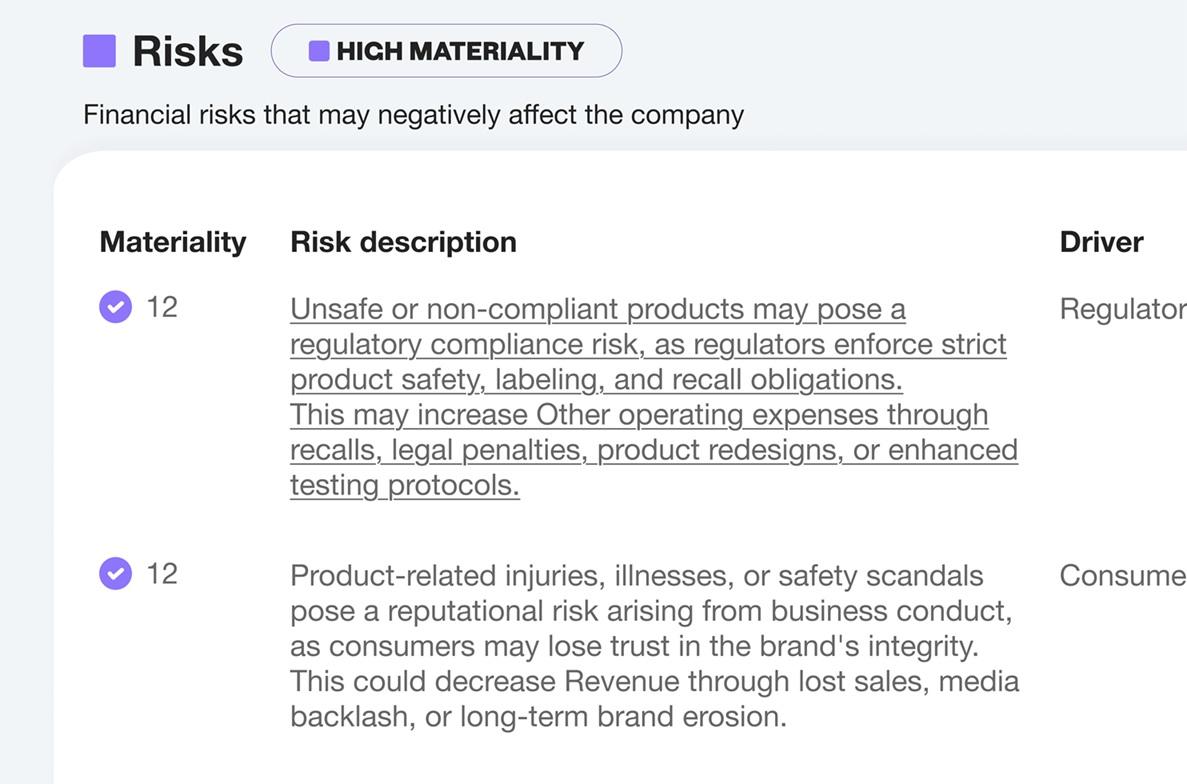The Pentagon's heightened concern over the Arctic stems from a notable increase in military collaboration between China and Russia, which poses a significant strategic challenge for the United States. As Iris A. Ferguson, deputy assistant secretary of defense for Arctic and Global Resilience, highlighted, China's ambitions in the Arctic extend beyond military presence to include scientific research projects that could yield long-term economic benefits. This cooperation is particularly alarming given the backdrop of Russia's ongoing military engagement in Ukraine, which has not deterred its focus on the Arctic. Recent joint military exercises, including air patrols and training in the Bering Strait, underscore the urgency of the situation, as these activities represent a new level of military cooperation that directly impacts U.S. interests in the region.
In response to these developments, the Pentagon's 2024 Arctic Strategy emphasizes the need for the U.S. to enhance its military readiness and strengthen alliances with northern European partners. The strategy outlines a framework for increased service-specific and multinational exercises, routine Arctic training, and a sustained presence to ensure the stability of international waterways. As climate change continues to open up previously inaccessible areas, the U.S. must remain vigilant against the dual threats of geopolitical competition and environmental unpredictability. Ferguson's call for a clear-eyed assessment of adversarial intentions highlights the importance of proactive measures to safeguard U.S. interests in the Arctic, reinforcing the necessity for collaboration with allies to deter potential threats effectively.








